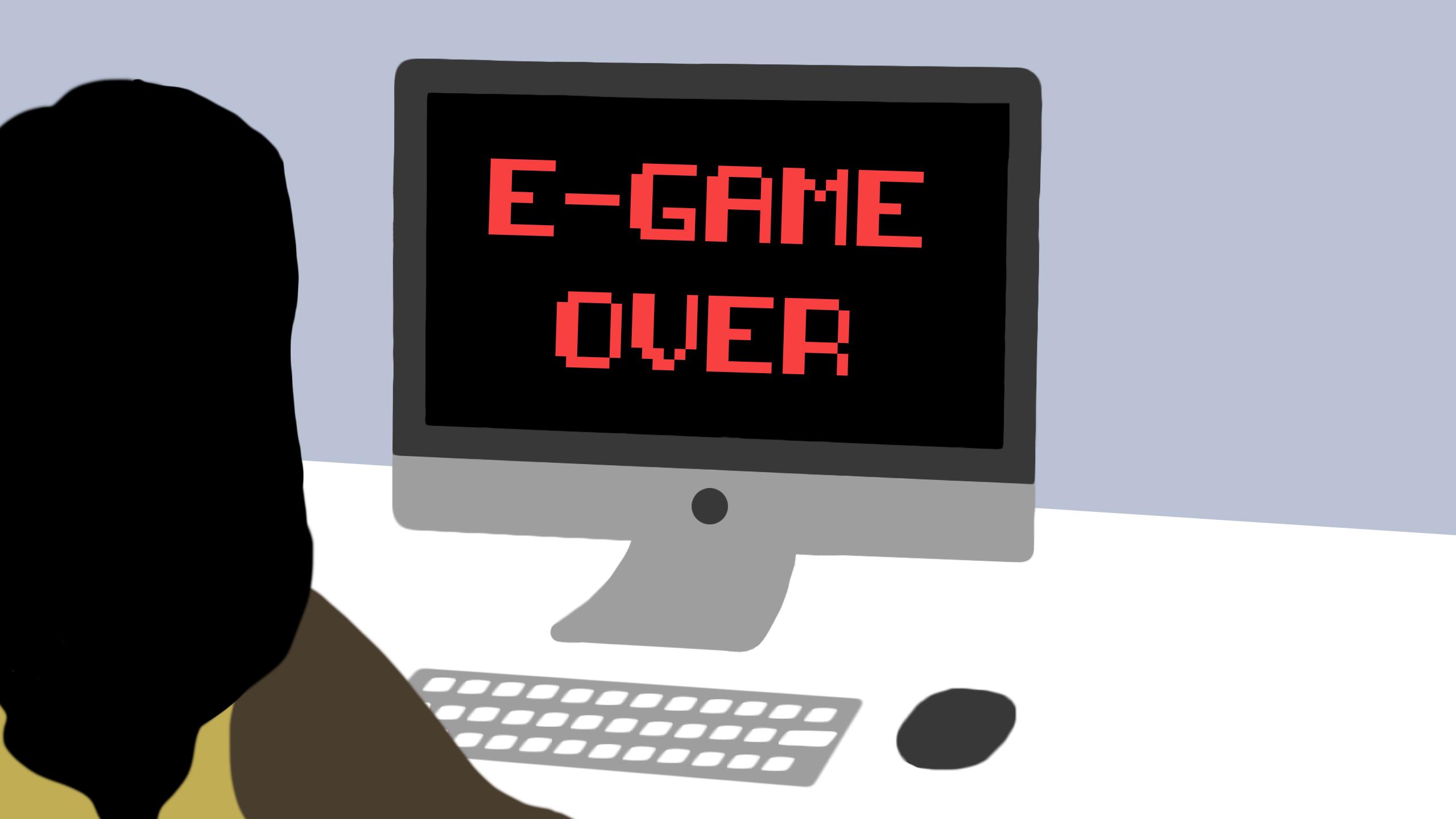By Marco Sasso
Four years ago, they had no budget. Now, Ryerson’s competitive Esports team is one of the biggest clubs on campus. Maybe too big.
Expecting over 300 members and competing for over $400,000 in prizes in the Collegiate Star League (CSL) this season, the Esports team at Ryerson has outgrown their limited resources. For them, online voice chats on Discord won’t cut it when it comes to coordinating. They need a home base.
But given the expense of real estate downtown, that doesn’t seem like a possibility. The cost that it would take to build an Esports facility is far beyond what Ryerson athletics can—and is willing to—bear the cost of.
Nick Asquini, Ryerson’s athletics varsity operations coordinator, said, “We are offering a modest grant to our clubs and it’s an equitable grant that’s equal across all of our club programs, but monetarily our resources are just finite right now in what we can offer.”
Esports president Siobhan Liu says it has resulted in players being stranded on campus for four to six-hour gaps in between classes when the regular season starts in October—valuable practice time they could be using to stay ahead of the 1,800 post-secondary schools that compete in the CSL.
Some players will even go the entire year without ever meeting their teammates face-to-face.
“Our team managers also believe in trying to get all of their players to meet each other to foster a healthier team environment, but the main concern is we don’t have anywhere to go,” said Liu. “There’s no incentive to stay back on campus for an extra hour just to meet your teammates when you could just commute home instead to grind and practice.”
Walking around campus, Liu says she’s seen a variety of empty rooms going to waste where the team would be able to fit some gaming systems to kickstart a little bonding between athletes. But for “one political reason or another,” athletics hasn’t been able to secure the space, said Liu.
Liam Parmer, Esports vice president of corporate relations, says the athletics department so far hasn’t met the team’s expectations in helping the team succeed in their mission.
Parmer says the team’s goals are to not only have a dedicated gaming space but facilities similar to that of post-secondary institutions like Durham College—which opened the doors to its 3,000-sq. ft. Esports facility with over 50 gaming computers and console stations in April.
“[Ryerson athletics is] not necessarily against what we’re doing, but they simply don’t see the same potential that we do because it’s hard to sort of quantify. It’s a very new thing that we’re doing,” Parmer said.
Expanding to teams in over 10 gaming titles this year—including the introduction of a highly anticipated Apex Legends squad—Ryerson Esports has been a hot commodity for incoming students. Liu says the club receives “about 100” messages on social media from high school students asking how they can get involved with the team when university applications open.
Despite the popularity of the program, Ryerson athletics manager of operations Heather Adams says they haven’t considered investing heavily into any one of their clubs. Instead, they’ve started a yearly grant program of $2,000 a year that each competitive club can apply for to support team initiatives and student engagement.
Regardless, some players, like current Counter-Strike: Global Offensive (CS:GO) manager Dustin Ma believes the investment in Esports hasn’t been enough.
“[Ryerson athletics] don’t really recognize how beneficial we could be for the school,” said Ma. “I feel like we’re just being ignored.”
But Liu understands why the investment in Esports isn’t the athletics department’s top priority.
“From my point of view, I see that the department is just very overwhelmed with having to manage over 40 clubs and varsity teams, and I empathize with them,” said Liu. “We shouldn’t be getting extra special treatment from the department just because our ‘sport’ is new and rapidly expanding.”
With the team unable to find an on-campus place to call home, they’ve started to brainstorm other solutions. Liu says the team is working closely with athletics to find off-site practice space, after being approached by a venue sponsor last week.
Running experiments—with players paying out of their own pockets—in her earlier years with the Esports program, Liu knows firsthand the potential benefits a venue could be for her players.
“When I used to manage the CS:GO team, I noticed a considerable change in the team environment after we first met and practiced together in person at a gaming lounge,” she said. “The team was more cohesive in-game and they were able to hash our problems faster in-person versus over voice chat at home.”
Details of the negotiations couldn’t be disclosed according to Liu. But she aims to follow in the footsteps of York University’s Esports program, who have a partnership with Waves E-Gaming—one of the largest Esports dedicated facilities in Canada—and find a location that strikes the perfect balance between having computers powerful enough to run high graphics games while being located as close to campus as possible.
How will Ryerson athletics fund such a partnership? Liu hasn’t worked out the details yet. But now, entering her final year as president at the club, that’s not going to stop her from setting up the Esports program for future success.
“I want to be able to set something up so the club itself can be self-sufficient, said Liu. “Whoever comes in [as president next year] can just look at the club and say, ‘Okay, this is how it operates,’ and then just go from there.”













Leave a Reply